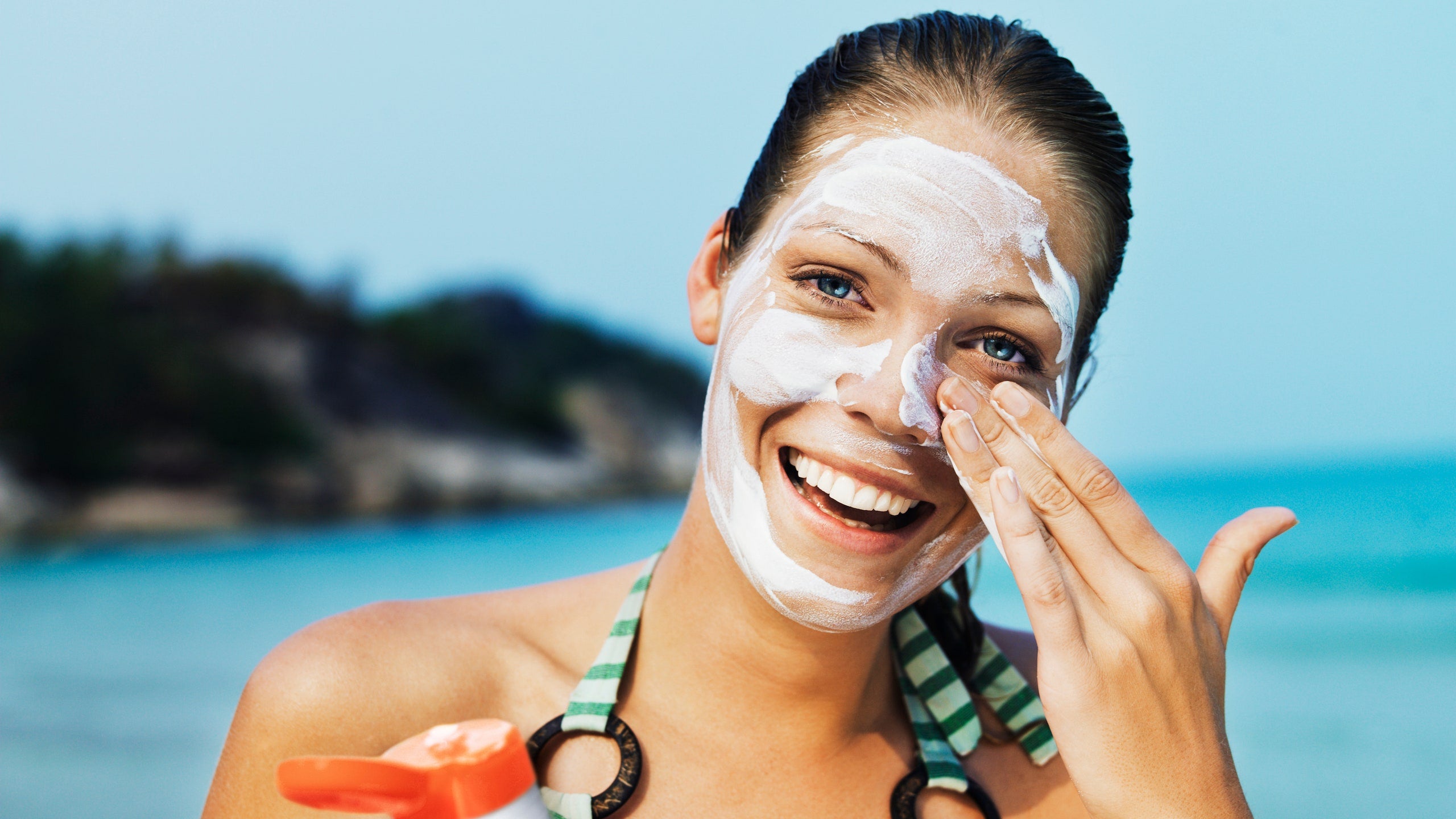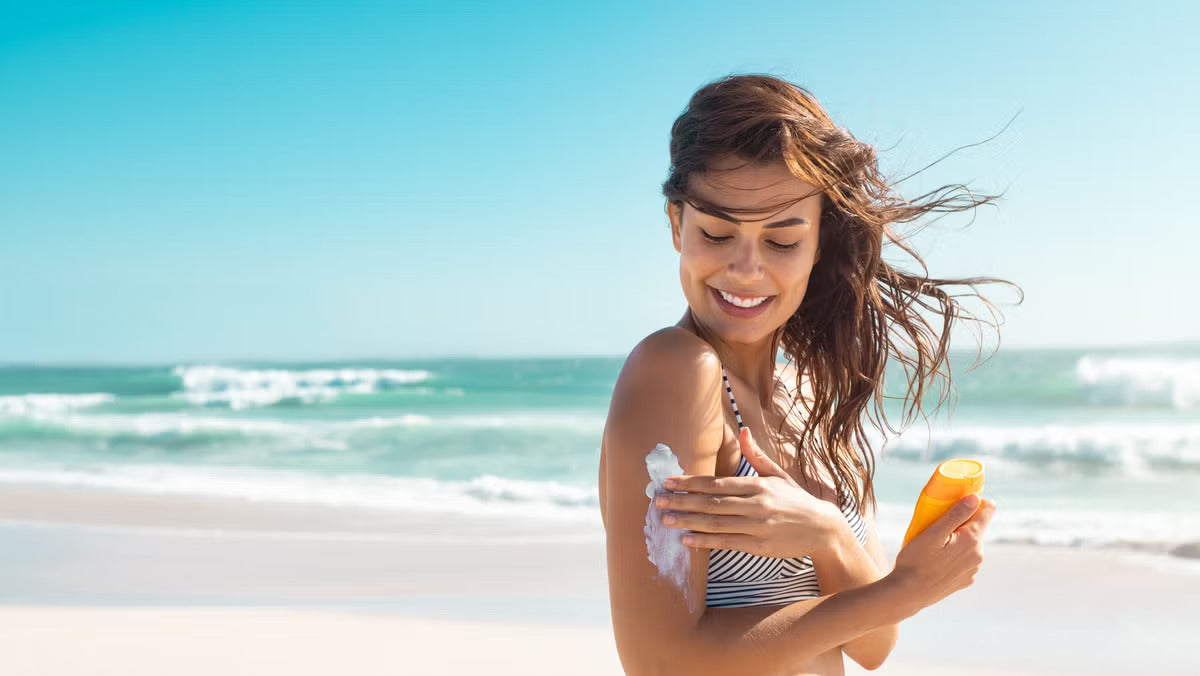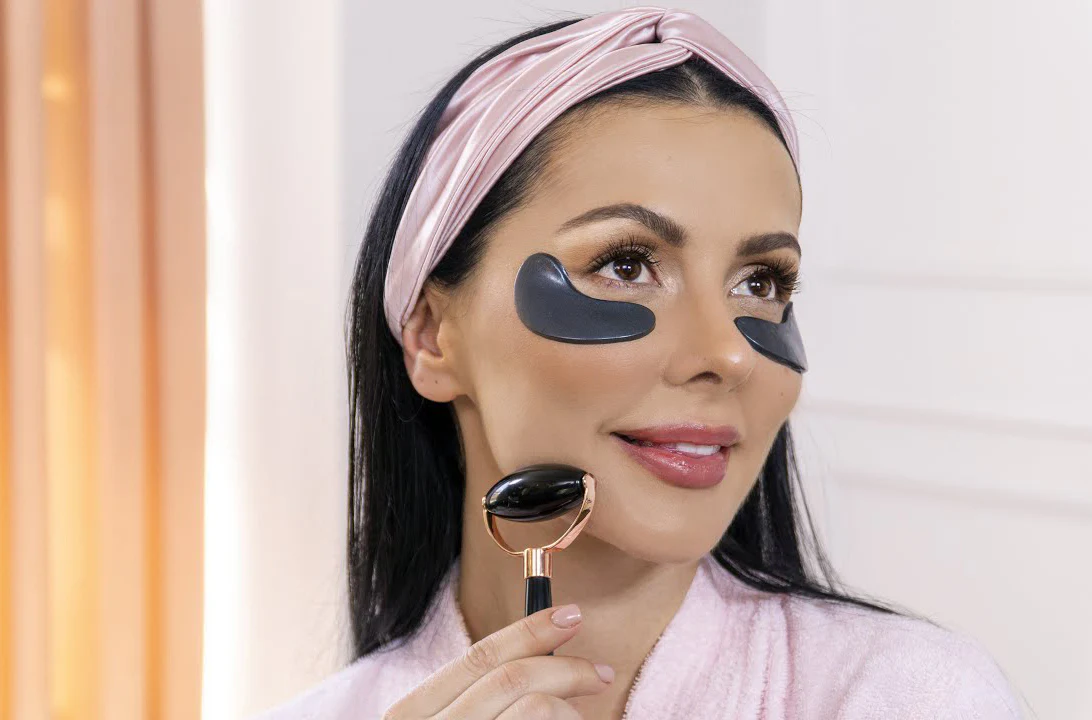How Sunscreen Helps Prevent Tanning: A Complete Guide

Introduction
Summer is connected with sunlight, beach days, and outdoor sports. Still, you should save your skin from damaging UV radiation even as you enjoy the sun. Here is where sunscreen is absolutely essential, particularly in terms of avoiding tanning. When your skin absorbs UV light, tanning results from pigment alterations that usually darken your skin. Acting as a barrier to protect your skin, sunscreen blocks certain harmful rays. Nielies Sunscreen is an excellent choice for ensuring your skin remains protected from UV damage while keeping your complexion clear. This complete tutorial will walk you through how sunscreen helps prevent tanning, the benefits of applying different kinds of sunscreens, and why it's a crucial component of your skincare routine.
Knowing Tanning And Its Causes
A natural reaction to UV radiation—more especially, UVA and UVB rays—tanning causes the skin to manufacture more melanin. Although some people would want a sun-kissed appearance, too much tanning can cause sunburn, early aging, and ultimately skin cancer. Spending time under the sun exposes your skin to UV radiation, which penetrates the epidermis and causes your skin to react and generate melanin to guard deeper layers from damage.
Your skin is damaged if you are tanning. Your skin darkens as it tries to defend itself the more sun you expose it to. Using sunscreen—which shields against these damaging rays—is the secret to stopping this process.
How Sunscreen Beats Tanning
Sunscreen stops or absorbs UV rays, so preventing them from penetrating your skin and causing harm by either physical or chemical means. Sunscreen's primary active components include zinc oxide, titanium dioxide, and chemical filters such as octinoxate and avobenzone. These components either reflect or absorb UV light, so stopping it from getting to the surface of your skin.
Using sunscreen lotion on your skin guards against UVB and UVA rays. Sunburns are mostly caused by UVB rays; UVA rays accelerate tanning and aging. Using a broad-spectrum sunscreen helps you guard your skin from both kinds of UV radiation, therefore reducing your chance of tanning and other sun-related harm.
Sunscreen advantages go beyond only avoiding sunburn. It's also a must component of your skincare routine since it helps lower the chance of skin cancer, wrinkles, sunburns, and age spots. Regular sunscreen application helps you to preserve a young, healthy complexion free from sun-related hazards.
Sunscreen Types For Various Skin Types
Your skin type, way of life, and degree of sun exposure you will be subject to should all be factors taken into account while selecting a skin protection cream. Whether for daily use, extreme sun exposure, or sensitive skin, different kinds of sunscreens meet particular demands.
Babies' Sunscreen: Baby sunscreen is designed especially for young children's sensitive skin. Usually featuring physical blockers like zinc oxide or titanium dioxide, which are mild on the skin and safe for little children, this kind of sunscreen is designed to be moderate and non-irritating yet offer broad-spectrum protection. Baby sunscreen may also be a smart choice for you if you have sensitive skin since it offers efficient defense free of strong chemicals.
Face Scenerie Sunscreen: One of the most visible parts of your body, your face sometimes calls for special attention. Face sunscreen is meant to be non-comedogenic and lightweight, so it won't clog pores. It offers further advantages such as hydration or anti-aging qualities in addition to great SPF protection. Often more sophisticated and appropriate for the delicate nature of the skin, the formula of face sunscreen guarantees that your face remains free from damaging UV rays without aggravating the skin.
Great Sunscreen: An extreme sunscreen with a high SPF rating is essential for those who live in places with strong sunshine or spend long times outside. More strong UV blockers in ultra sunscreen provide extended protection and help to avoid deep skin damage, which can contribute to tanning. For best defense against UVB and UVA, search for super sunscreen products with SPF 50 or more. These items are meant for those who require tanning and high-level defense against the detrimental impacts of the sun.
Sunscreen's Advantages In Stopping Tanning
Sunscreen lotions not only stop tanning but also offer a variety of other skin advantages. Key advantages of sunscreen include:
Prevents Sunburn
Too much UVB radiation causes sunburn to your skin. Redness, discomfort, and skin peeling follow from it. Applying sunscreen reduces your chance of sunburn, one of the first indicators of UV damage and a precursor of tanning. Before UV rays get to your skin, sunscreen serves as a protective barrier either absorbing or reflecting them.
Lowers Skin Cancer Risk
Over time, too much UV can cause skin cancer. Sunscreen used regularly has been found to lower the risk of skin cancer including melanoma, basal cell carcinoma, and squamous cell carcinoma. One of the best preventative actions you can do for long-term skin health is shielding your body from UV rays.
Stops Early Aging
Wrinkles, fine lines, and age spots result from UV rays' major contribution to the skin aging process. Sunscreen shields your skin from the damaging UV rays that could hasten the aging process. Sunscreen preserves the flexibility of your skin, thereby keeping it smooth and young.
Blocks Hyperpigmentation
Extended sun exposure can cause hyperpigmentation—that is, dark blotches or uneven skin tone on your body. Sunscreen shields the skin from UV light that causes melanin synthesis, therefore helping to avoid this. It also provides more even-toned skin by preventing current pigment from darkening even more.
Sunscreen Application For Optimal Effectiveness
Applying your sunscreen cream appropriately can help you to maximize its benefits. These suggestions are here:
Apply generously to cover all of your exposed skin. Put roughly a nickel-sized dab of face sunscreen on your face. Try for roughly an ounce or shot glass worth of sunscreen on the remainder of your body.
Sunscreen wears off after swimming, towel drying, or sweating. If you are in the water or perspiration is intense, reapply every two hours or more often.
Choose the correct SPF: Although SPF 30 is usually enough for everyday use, for more prolonged outdoor exposure choose higher SPF products, like super sunscreen with SPF 50 or more.
Look for sunscreen with broad-spectrum protection to guard your skin from UVA and UVB rays. This guarantees complete protection against damage of the skin and tanning.
Conclusion
Stopping tanning and protecting your skin from the harmful effects of the sun depend on using sunscreen lotions. From baby sunscreen for sensitive skin to face sunscreen for your facial skin to super sunscreen for severe sun exposure, using the right sunscreen can make all the difference. Apart from tanning damage, including a skin protection cream in your daily routine will assist your skin remain free from sunburn, early aging, and even skin cancer. Including sunscreen in your skincare regimen will enable you to enjoy the surroundings without compromising the condition of your skin. Remember that the benefits of sunscreen are investments in the future of your skin, not merely in terms of tanning avoidance. Furthermore, keep in mind that consistent application of your sunscreen is necessary to get all its benefits.
By choosing the right products, such as Nielies sunscreen, which offers better protection and nourishment for your skin, you can assist to ensure that your skin remains healthy and bright all year round.





